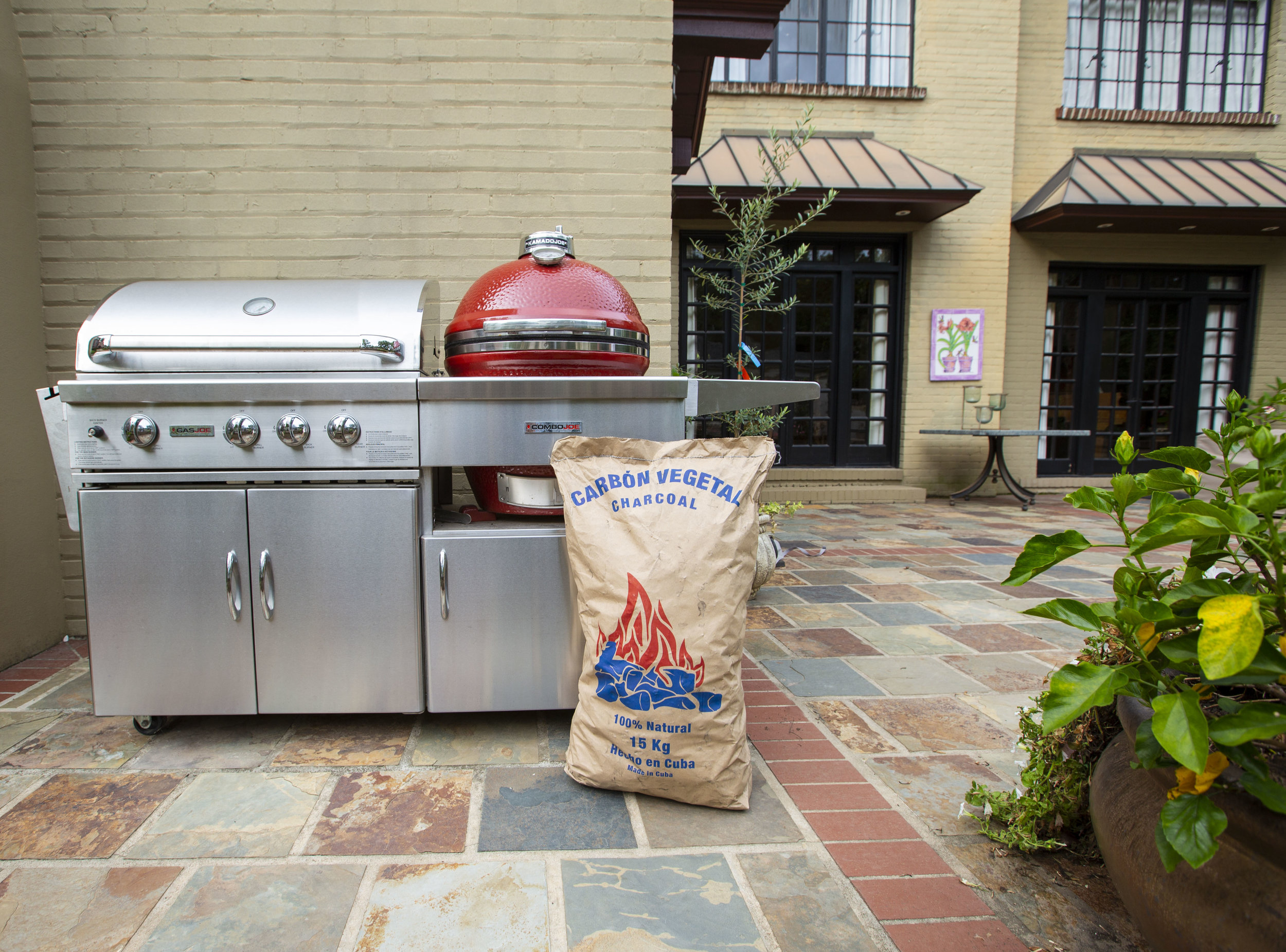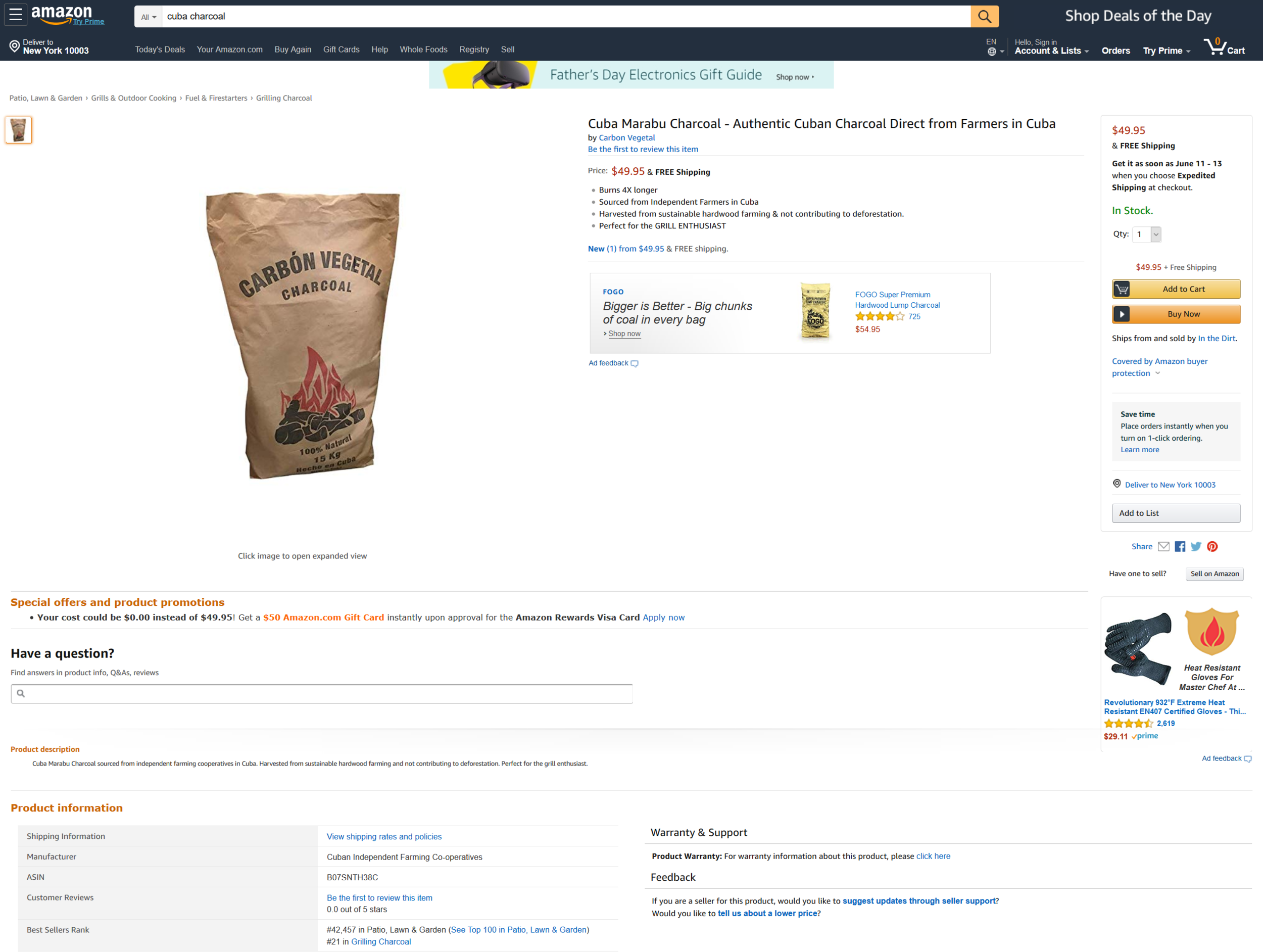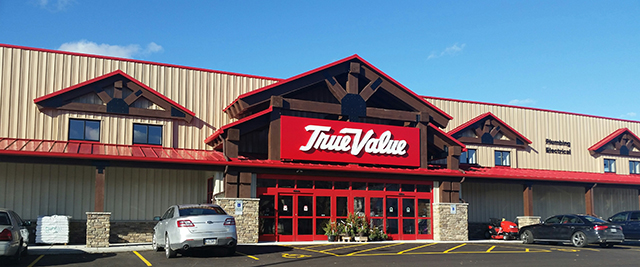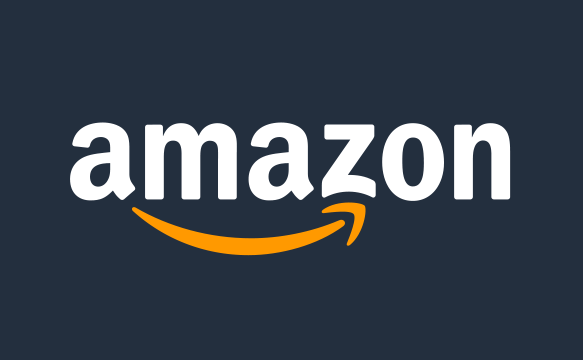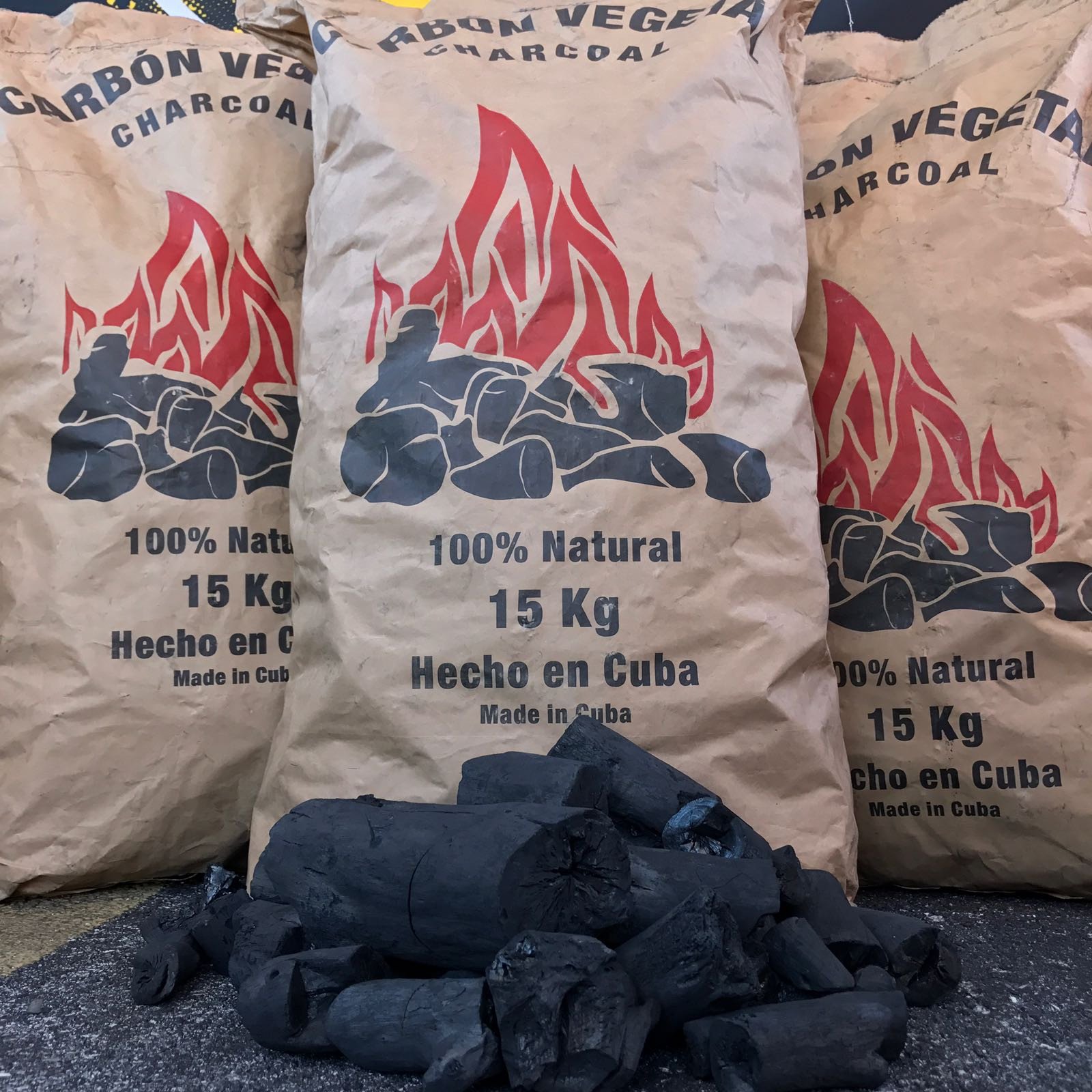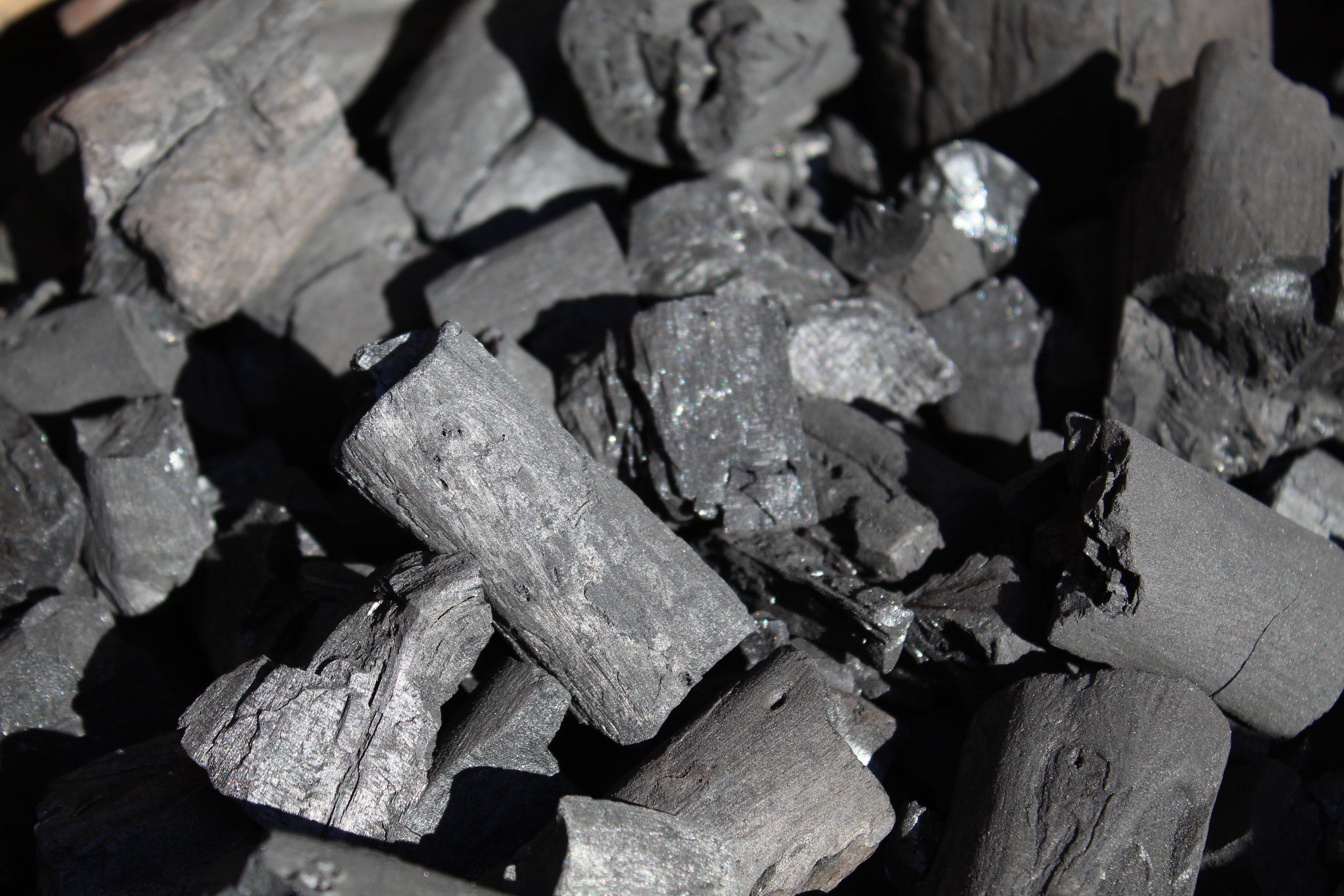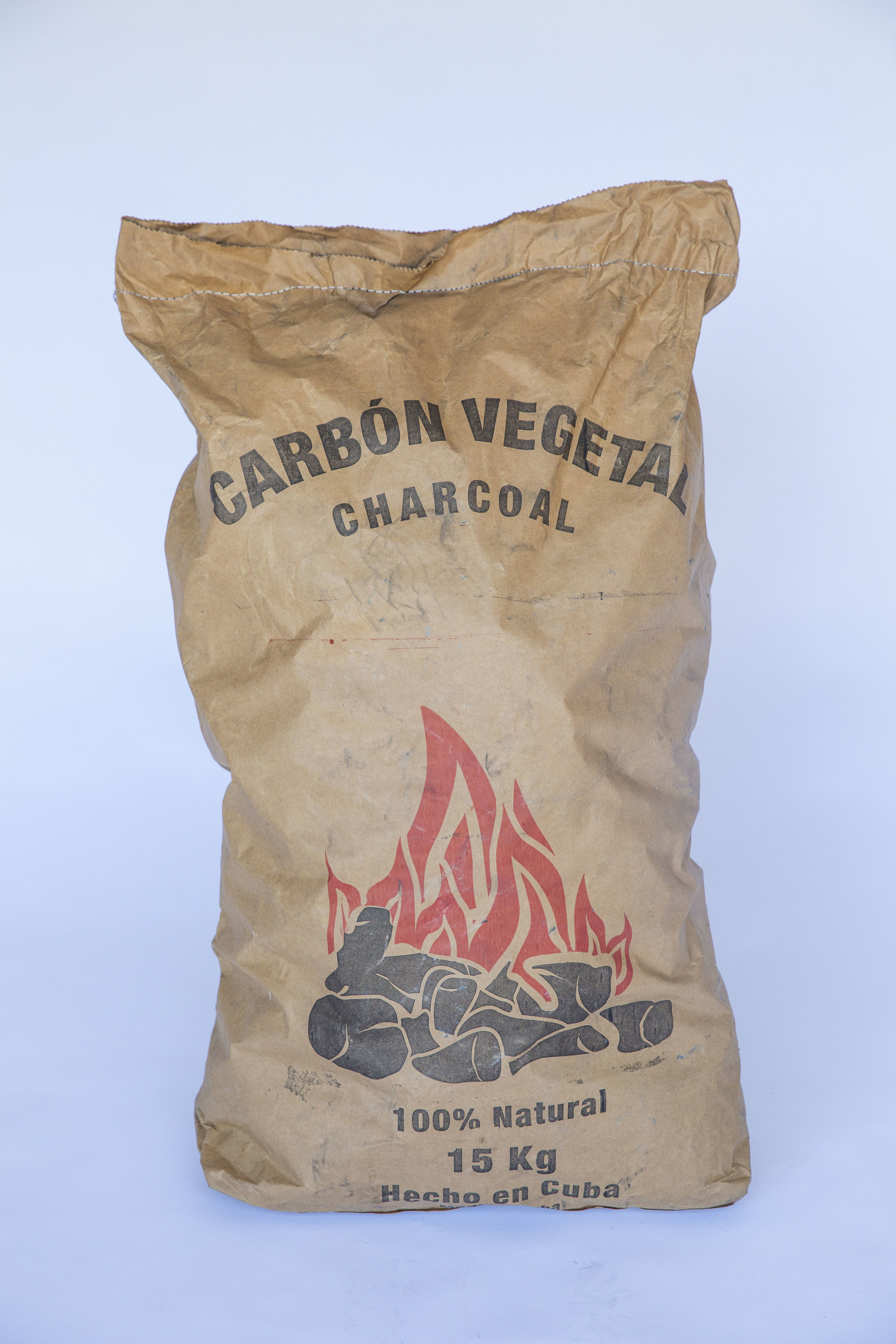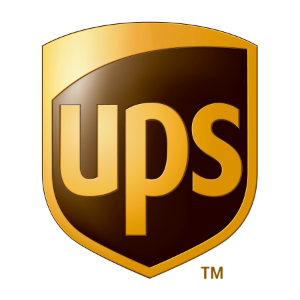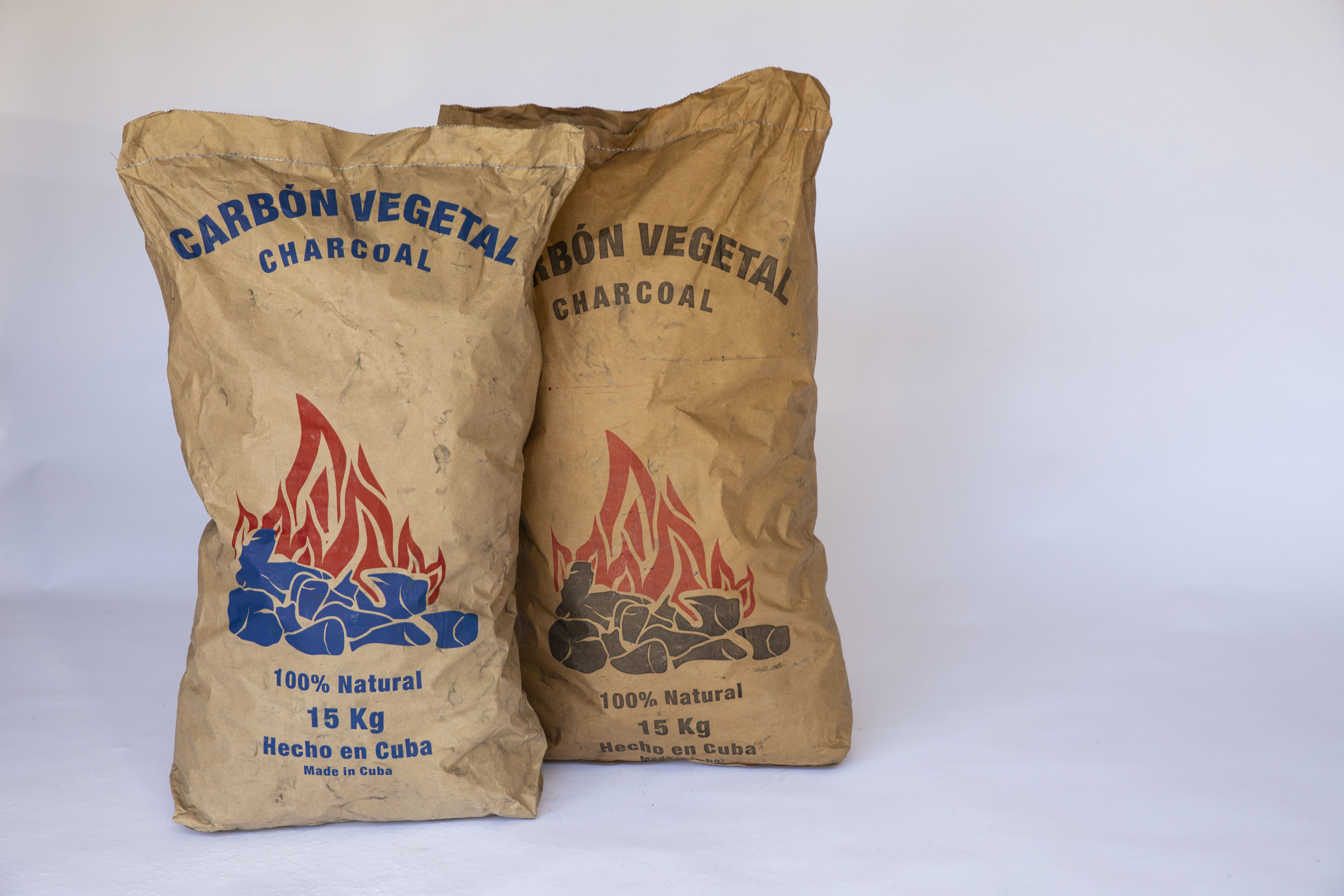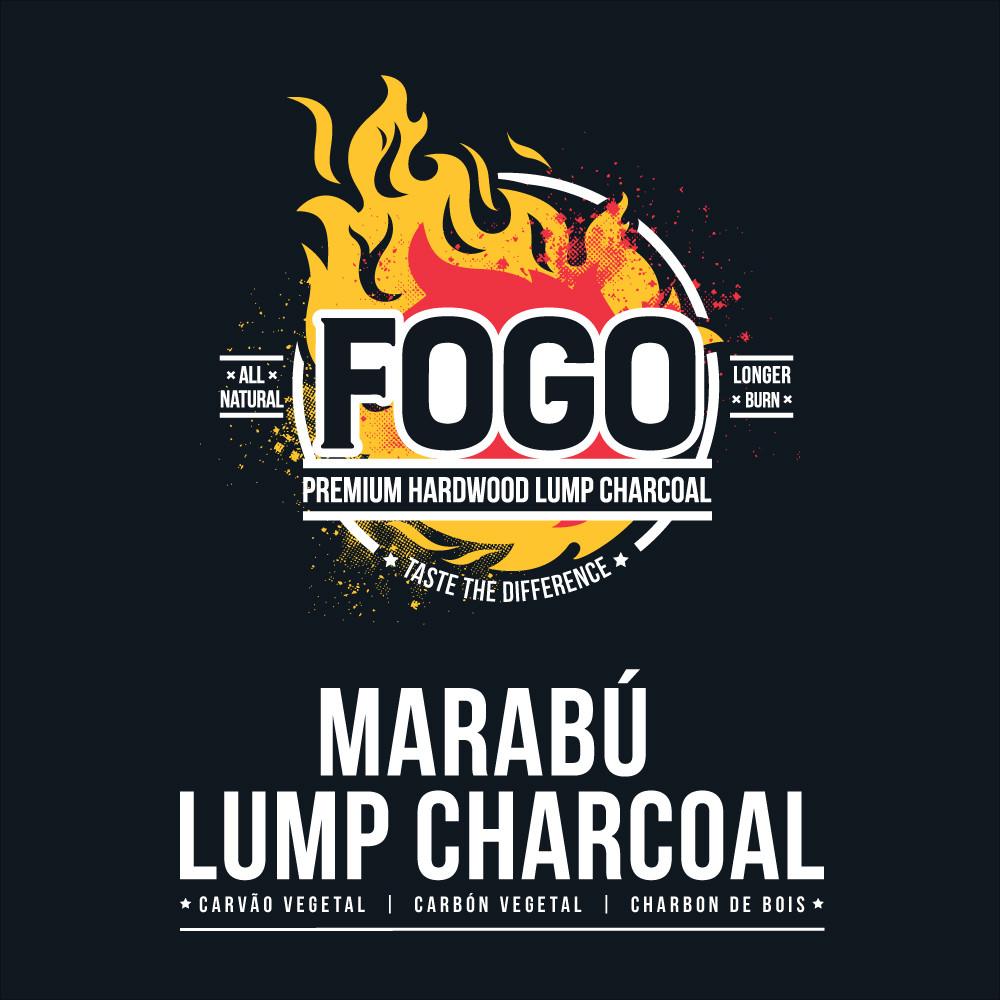3nd Import From Cuba Goes Mainstream- True Value Hardware, Amazon, Independent Retailers
/Alabama Company Is 3rd To Import Commodity From Cuba
Available At True Value, Amazon, Independent Retailers
Obtains UPC-GTIN
Competition: US$49.95 (Alabama) & US$45.99 (Florida)
Payment Through Third Country
Does Two In Three Years Make A Trend?
In Three Years, Why Only Two Commodities- Coffee and Charcoal; Honey Next?
Failure By Obama Administration
Alabama Company Continues To Await US$100,000.00 Agricultural Machinery Export
Why Aren’t Members Of Congress Encouraging Companies To Import?
Foley, Alabama-based GulfWise Commerce LLC (www.gulfwisecommerce.com), affiliated with Foley, Alabama-based Woerner Companies (2018 revenues exceeded US$40 million; www.woerner.com) reported the delivery in May 2019 to Port Everglades, Florida, of two (2) forty-foot containers (forty (40) metric tons; 88,185 pounds) valued at approximately US$14,000.00 of Marabú charcoal from the Republic of Cuba. Family-owned Woerner Companies was established in 1885.
Marabú charcoal is made from the invasive woody plant Marabú (sicklebush). Marabú charcoal is reported as clean-burning; often used in pizza ovens and bread ovens.
In 2018, charcoal sales in the United States were approximately US$1 billion. The state of Missouri is the largest source of charcoal in the United States. Approximately 98% of charcoal is produced in the eastern United States.
Woerner Companies has obtained a Universal Product Code (UPC) and Global Trade Item Number (GTIN) which is required for national distribution channels using electronic processing.
GulfWise Commerce LLC reported that the Marabú charcoal will be available at all five (5) Woerner stores in Alabama, Florida and Mississippi. There are plans for Marabú charcoal to be available at most Woerner Companies’ farm operations with retail stores in Alabama, Colorado, Florida and Hawaii.
Atlanta, Georgia-based United Parcel Service (UPS) will be the primary shipper for the Marabú charcoal sold by GulfWise Commerce LLC. UPS would receive approximately US$$32,064.00 if all 2,672 bags were shipped using its services.
The Woerner Companies LLC is distributing Marabú charcoal through Chicago, Illinois-based True Value Company (2018 revenues approximately US$1.5 billion) which operates more than 4,500 retail stores in sixty countries. True Value retail stores order through True Value Corporate vendor number 9336.
A fifteen (15) kilogram bag, equal to approximately thirty-three (33) pounds, of Marabú charcoal is US$49.95 with free shipping is available at http://woerner.com/charcoal/cuban-charcoal/details/ and at Bellevue, Washington-based Amazon: https://www.amazon.com/Carbon-Vegetal-Cuba-Marabu-Charcoal/dp/B07SNTH38C/ref=sr_1_1?keywords=cuba+charcoal&qid=1559651782&s=gateway&sr=8-1. The father of Mr. Jeffrey P. Bezos, Founder and Chief Executive Officer of Amazon.com, Inc., is of Cuban descent.
Loxley, Alabama-based Aloha Hospitality International [https://baumhowers.com/about-bob-baumhower/] which develops and manages Baumhower’s Victory Grille (with ten locations in Alabama) and Dauphin’s Restaurant in Mobile, Alabama, is experimenting with the Marabú charcoal.
Washington DC-based attorney, Mr. Robert L. Muse (www.robertmuse.com), who represented GulfWise Commerce LLC in this transaction and in a previous Republic of Cuba-related transaction for the company (see page 4) remarked: “transactions, there is a perception among U.S. third-party service providers (freight handlers, etc.) that no import business with Cuba is permitted. Their first instinct therefore is to decline to participate from concerns about violating the embargo. The attorney’s role becomes one of assuaging their fears of getting on the wrong side of the Trading With the Enemy Act. Tact is required because the value of these transactions is small, though they are very important precedents for future bilateral trade. Overcoming negative risk/reward calculations on the part of US service providers is, for now at least, a key component of legal counsel’s role – and it requires confident explanations of the governing regulations.”
Mobile, Alabama-based Page & Jones coordinated with Jacksonville, Florida-based Crowley Maritime Corporation (2018 revenues exceeded US$2 billion) to transport the Marabú charcoal from the Republic of Cuba to the United States. The two containers were delivered to Port Everglades, Florida, and then transported by truck the 689-miles to Foley, Alabama, by Jacksonville, Florida-based Customized Trucking which is owned by Crowley Maritime Corporation.
GulfWise Commerce LLC plans a second delivery of Marabú charcoal to be directly (623 miles) from the Port of Mariel in the Republic of Cuba to the Port of Mobile, Alabama. The Port of Mariel is 270-miles from Port Everglades. Such a shipment would be the first delivery of a product directly from the Republic of Cuba to the Port of Mobile in decades.
The payment to the Republic of Cuba from GulfWise Commerce LLC for the Marabú charcoal was facilitated by the Foley, Alabama, branch of Centennial Bank, a subsidiary of Conway, Arkansas-based Home BancShares (2018 assets approximately US$14 billion). The funds were transferred through Panama City, Panama-based Multibank, which has dealings with the Republic of Cuba due the absence of fully-operational direct correspondent banking accounts among financial institutions in the United States and the Republic of Cuba.
Centennial Bank charges commercial customers approximately 1% of the total transaction as the fee to transfer funds from the United States to the Republic of Cuba. Denver, Colorado-based Western Union Company charges consumers approximately US$45.00 to transfer US$14,000.00 from the United States to the Republic of Cuba; each transfer is limited to US$5,000.00 and as the transfer is from United States Dollars to CUC (Republic of Cuba Convertible Currency), there is an exchange penalty where US$1.00 equals US$.9709 CUC so total fees are approximately US$435.00.
From Mr. Muse: “Commerce with Cuba is difficult because, in the absence of reciprocal bilateral trade agreements, every transaction is a handmade arrangement. U.S. agricultural sales are different because established regulations govern those transactions. When it comes to facilitating Cuban-origin product imports, reciprocal treatment of agricultural products is overdue and it’s a worthwhile project for the U.S. farm lobby. Better certainly than persisting in one-way legislative activity (e.g, credit sales of U.S. goods) that only serves to preserve a grossly distorted trade pattern that excludes from the U.S. virtually everything Cuba’s rural economy produces.”
United States Requirements
Products of privately-operated or cooperative farms in the Republic of Cuba are authorized by the United States for export to the United States.
From the United States Department of State: “To be eligible for import into the United States, a listed 515.582 product must be produced by independent Cuban entrepreneurs, as demonstrated by documentary evidence. Persons subject to US jurisdiction engaging in import transactions involving goods produced by an independent Cuban entrepreneur pursuant to 515.582 must obtain documentary evidence that demonstrates the entrepreneur's independent status, such as a copy of a license to be self-employed issued by the Cuban government, or in the case of an entity, evidence that demonstrates that the entity is a private entity that is not owned or controlled by the Cuban government.”
The transaction does not require a specific license (the transaction is authorized by general license) from the Office of Foreign Assets Control (OFAC) of the United States Department of the Treasury and/or Bureau of Industry and Security (BIS) of the United States Department of Commerce or authorization from the Office of Legal Adviser (OLA) at the United States Department of State. The importer must provide documentary evidence upon entry to U.S. Customs and Border Protection (CBP) that the product was produced by "independent Cuban entrepreneurs." LINK: https://static1.squarespace.com/static/563a4585e4b00d0211e8dd7e/t/571a837ef85082f2b527976a/1461355390324/WhatMayBeImportedFromCubaEntrepreneurs.pdf
Obama Administration
With the indirect importation of coffee from the Republic of Cuba in 2016, there have been only two agricultural commodities (coffee and charcoal) imported from the Republic of Cuba to the United States. In 2016, coffee was the first agricultural commodity authorized by the United States government for importation from the Republic of Cuba: http://www.cubatrade.org/blog/2016/6/20/nespresso-to-indirectly-import-coffee-from-cuba-to-usa?rq=nespresso
The Obama Administration could have authorized additional food products and agricultural commodities, including honey, but chose not to do so.
The Republic of Cuba has not authorized the direct or indirect export to the United States of agricultural commodities other than coffee and charcoal, despite repeated entreaties from United States-based companies.
Alabama Cuba Statistics
Alabama-based companies have been exporters of food products and agricultural commodities (poultry) from the United States to the Republic of Cuba under provisions of the Trade Sanctions Reform and Export Enhancement Act (TSREEA) of 2000.
For the cumulative period 2010 through 2019, the Port of Mobile, Alabama, ranks 7th of thirty-seven (37) United States ports that have processed exports from the United States to the Republic of Cuba.
In 2017, the Mobile, Alabama-based Alabama State Port Authority signed a five-year memorandum of understanding (MOU) with the National Port Administration of the Republic of Cuba.
Members of the United States Congress representing Woerner Companies: The Honorable Richard Shelby (R- Alabama) and The Honorable Doug Jones (D- Alabama) in the United States Senate and The Honorable Bradley Byrne (R- 1st District, Alabama) in the United States House of Representatives.
Florida Company Was First To Import Marabú Charcoal
The first import of Marabú charcoal was in January 2016 when Hialeah, Florida-based Fogo Premium Lump Charcoal purchased two (2) twenty-foot (20ft) containers. In July 2018, the company purchased an additional two (2) containers of Marabú charcoal.
Through the initial transaction process, Fogo Premium Lump Charcoal reported no issues with OFAC or BIS or OLA.
40 metric tons (88,185 pounds) of Marabú charcoal, at US$420.00 per ton, for a total value of US$16,800.00 was exported from the Republic of Cuba and delivered to Port Everglades on 18 January 2017 by Crowley Liner Services. The wholesale price for the Marabú charcoal was approximately US$360.00 per ton.
The initial 2,672 bags of Marabú charcoal were marketed to restaurants and sold online to consumers for US$49.95 (free shipping) per fifteen (15) kilogram/33-pound bag (US$.72 per pound) under the brand name "Fogo." The gross revenues from initial the sales were approximately US$122,778.40. Currently, one bag of Marabú charcoal is priced by Fogo Premium Lump Charcoal at US$45.99, but listed as “Sold Out.”
Memphis, Tennessee-based FedEx (2018 revenues approximately US$65 billion), could have earned gross revenues of approximately US$32,064.00 if all 2,672 bags were shipped using its services. Fogo Premium Hardwood Lump Charcoal uses FedEx.
Charcoal sales are exempt from sales tax in the State of Florida, so neither the state nor Miami-Dade County will receive any revenue.
Marabú Charcoal Background
Marabú charcoal is produced by worker-owned cooperatives throughout the Republic of Cuba and has been reportedly exported to six countries; opportunities are being sought in Germany and in the United Kingdom. Approximately 40,000 metric tons to 80,000 metric tons, valued at US$14,400,00.00 to US$28,800,00.00, of Marabú charcoal are exported from the Republic of Cuba on an annual basis.
Madrid, Spain-based Ibecosol S.L. (Ibérica de Combustibles Sólidos) has provided production and export assistance to the Republic of Cuba since 2007 at facilities located in the provinces of Ciego de Avila and Jobabo. The company exports more than 10,000 metric tons of Marabú charcoal annually, less than optimal 25,000 metric tons annually.
Marabú charcoal is sold by cooperatives to a local packager, which sells it on to Republic of Cuba government-operated CubaExport (http://www.gecomex.cu/index.php/en/site/verEntidad.html?sigla=+CUBAEXPORT). The local packager and CubaExport each take a 1% to 2% commission, according to Ms. Isabell O'Reilly, General Director of CubaExport. The export contract with Fogo Premium Hardwood Lump Charcoal was signed by Ms. Aurelio Mollineda, Director of Republic of Cuba government-operated Gecomex, a subsidiary of CubaExport. CubaExport reports that it hopes to add honey to authorized exports to the United States.
Other Republic of Cuba government-operated companies engaged in the production of Marabú charcoal include Empresa de Flora y Fauna, Corporacion Cimex, Citricos Caribes, and Alcona.
GulfWise Continues To Await US$100,000.00 Agricultural Machinery Sale
On 31 March 2016, GulfWise Commerce LLC received a license from the BIS to export to the Republic of Cuba advanced planting and harvesting equipment valued at US$108,184.00. The BIS application was submitted at the end of January 2016. LINK: https://www.cubatrade.org/blog/2016/4/4/the-woerner-companies-of-alabama-becomes-first-us-company-to-export-agricultural-equipment-to-cuba?rq=Gulfwise
In 2014, GulfWise Commerce LLC initiated a dialogue with researchers at the University of Matanzas regarding multiple agriculture production issues in the Republic of Cuba. That dialogue led to an assessment of specialized equipment needed and to subsequent negotiations for a possible sale, which led to an application to the BIS.
Representatives of GulfWise LLC and The Woerner Companies made five (5) visits to the Republic of Cuba; the first in 2012. Two representatives of the Indio Hatuey Research Station visited Alabama in 2015. The purchase agreement was negotiated in late 2015 and agreement-in-principle was concluded in January 2016.
The purchaser of the equipment was Republic of Cuba government-operated Tecnotex SA for use by the Republic of Cuba government-operated Indio Hatuey Research Station, a Matanzas, Republic of Cuba-based agricultural research institution. Tecnotex SA (affiliated with the Revolutionary Armed Forces of the Republic of Cuba (FAR)) imports equipment, technology, and construction materials.
There are two principal pieces of equipment: (a) Rear load Sprig Harvester, 42 in. with hook chain with box carrier attachment valued at US$49,962.00 and (b) Sprigmaster Broadcast with 12 sides, spring loaders and swivel coulters valued at US$51,944.00. Supporting parts and equipment include: (a) Gear boxes and Ogura clutch (for the Sprigger); (b) Multiple power belts; (c) Hydraulic motors; (d) Multiple Harvester teeth; and (e) Assorted miscellaneous parts are valued at US$6,278.00. The estimated weight of the shipment will be approximately 18,000 pounds.
The equipment, manufactured in Alabama and expected to be delivered in 2016 through the Port of Mobile, Alabama, was to assist in establishing grass-covered areas for purposes ranging from erosion control to the creation of pasturage and the establishment or improvement of parks and recreational areas, such as playgrounds and sport facilities.
Significant about the transaction is the decision by the government of the Republic of Cuba to not focus upon a United States-based multinational (for example, Illinois-based Caterpillar or Illinois-based John Deere), but rather have the first export to the Republic of Cuba of durable (non-healthcare-related) commercial equipment be from a private company.
Mr. Robert L. Muse, the Washington, DC-based attorney who represented GulfWise Commerce LLC in the BIS licensing process, said the significance of the transaction is “… the government of Cuba clearly rewarded the patient efforts of a privately-owned company willing to invest the time to identify and fill the needs of Cuba’s rapidly changing rural economic landscape.”
NOTE: Tecnotex SA is now on the Cuba Restricted List (CRL) published by the United States Department of State. Entities on the CRL are deemed to be affiliated with the Revolutionary Armed Forces of the Republic of Cuba (FAR). Individuals subject to United States jurisdiction are restricted/prohibited from transactions with entities on the CLR list. The inclusion of Tecnotex SA in the CRL complicates efforts to export agricultural equipment from the United States to the Republic of Cuba.
Charcoal Import From Cuba Will Impact Florida & FedEx
Fogo In Florida Confirms 2nd Charcoal Purchase From Cuba; Two 20ft Containers
LINK To Complete Analysis In PDF Format


